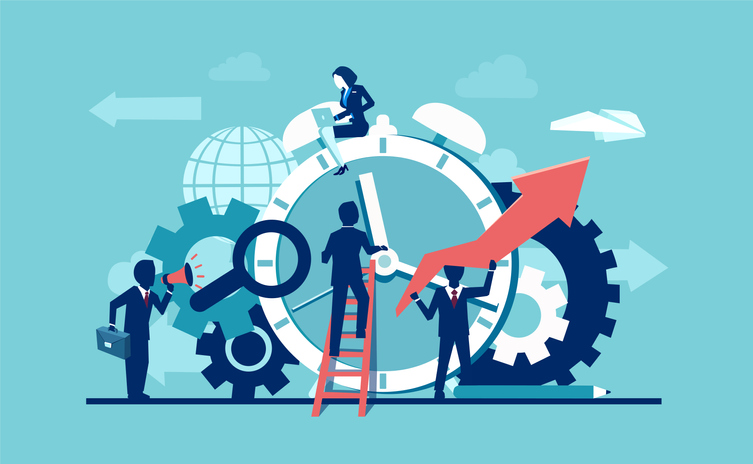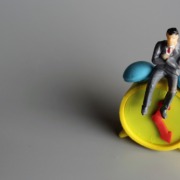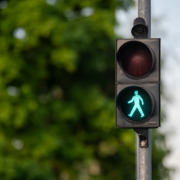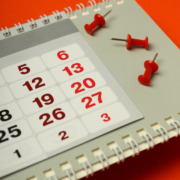What’s Affecting My Productivity?

As I’ve made the transition from being a full-time student to working full-time, the biggest challenge has been reconciling the times I am most productive with normal business hours. When I was in school, I could set my own schedule for studying, and it was rarely nine to five. Depending on what class I was studying for, 8:00AM to 11:00AM and 7:00PM to 10:00PM were generally the times I could focus most easily and therefore, were my most productive times. Since adapting to life in the workforce, I’ve always found the early afternoon to be the most difficult time of day to be productive. After a little digging, it seems like this is a common downtime for a lot of people, just due to how our energy levels fluctuate throughout the day. This is a tricky one to get around as the standard workday ploughs right through the slump and our coworkers and clients expect responses.
A further challenge for some of us is that Spring is still a ways off and the days are still short. I can’t help but wonder if the lack daylight is negatively affecting my productivity. While I consider myself lucky to live on the west coast of Canada most of the year, at the time of this post it’s rained every day for more than a week, and the sun hasn’t poked through the clouds in just as long. The lack of sunshine is making my houseplants cranky, so could it be having a similar effect on me? Seems like this could be the case. A lack of sunlight makes it hard for us to regulate our cortisol levels (what regulates when we’re alert vs. tired). So a lack of sunlight could also be contributing to why I’m feeling a lack of productivity in the afternoon. Spending some time outside midday could let us soak up a few extra rays and help keep our energy levels up, but once again this goes against the typical constraints of the traditional workday.
So how do we combat our personal productivity challenges while balancing the demands of the established workday? The easy answer would be to scrap the tried and tested nine-to-five and work when we feel we can be productive: being more effective with fewer consecutive hours. People have been declaring for years that we’ll soon see the death of nine-to-five, but how would we make this transition? Is it a matter of shifting expectations, better time management and planning ahead, or are we just going to have to accept the 3:00PM lull for the foreseeable future? In the meantime, some recommend planning your workday around your energy cycle; planning for ‘deep work’ when we’re most alert and ‘shallow work’ when we hit our slumps. While this isn’t ideal for those of us who find themselves alert outside of work hours, it’s might help us get a little bit more out of our days with less fatigue.
Do you have any tips or tricks for balancing the workday’s demands with your own productivity? We’d love to hear them!
– Perri Read, Junior Consultant








